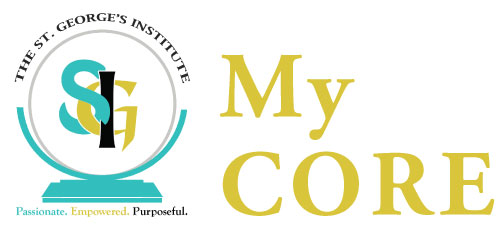Europe in the 15th Century
THE EUROPEANS
Europe in the 15th century
INFLUENCE OF CATHOLICISM
The spiritual powers of the Roman Catholic Church permeated every aspect
of life and made the Church the dominant institution in Western Europe. It
fostered the desire to spread Christianity in foreign lands. The Pope became
the arbitrator of political disputes, particularly those involving the discovery
of new lands. Yet new political and religious ideas began to undermine the
predominance of Christendom.
POLITICAL
The archaic feudal system had practically disappeared with the
establishment of new city-states and nation-states, namely England, France,
Spain, Portugal, and the Italian city-states. Though they retained monarchical
systems of government as in feudal period, nationalism replaced the old
ideas of an overruling Christian Empire.
SPAIN: The marriage of Ferdinand of Aragon and Isabella of Castile
completed the unification of Spain and founded Europe’s most absolute and
Catholic monarchy.
PORTUGAL: Under the rule of Prince Henry the Navigator and others
Portugal took the lead in nautical exploration for new trade routes.
To consolidate the economic basis of their power and to rival each other’s
progress, monarchies of the nation-states sought new sources of wealth
through overseas trade and colonization.
SOCIAL
Because of the Renaissance and the decay of feudalism, the serfs, society’s
lowliest and largest class of manual labourers, were unshackled from the
semi-slavery of serfdom; personal enquiry and personal enterprise became
the hallmarks of society. A new middle class of merchants and tradesmen
came into existence, and above them was the nobility, forming the ruling
class.
TRADE
A lucrative commerce had developed between Europe and the Far East with
Venice, Genoa and Florence as the most important trading cities. European
articles such as wine, salted fish, furs, woollen goods, and linen cloth were
exchanged for silk, muslin, velvets, cotton, dyestuffs, spices, jewels, ivory,
and gold in the Orient. These luxuries and exotic items were then
transported overland to Europe where they were in great demand by the
wealthy and the affluent. But further expansion of the European Oriental
trade was hindered by: the dangers and difficulties of the overland route;
Venetian and Genoese monopoly of the spice trade; the limited amount of
produce transported by pack; the capture of Constantinople by Turks closing
one of the best trade routes. The easiest way to overcome all of these
difficulties and satisfy demands for Oriental products was to find a new route
to the East.
TECHNOLOGY
Scientific advancement during the Renaissance resulted in wide range of
inventions and improvements in ship design which aided maritime
exploration: the invention of the compass, the astrolabe, quadrant, hourglass,
sundial, and windlass; the design of ocean-going carracks and caravels; the
development of printing which spread new information to all levels of
society. Learned men believed that the world was a sphere, not a rectangle,
and it was, therefore, possible to reach the EAST by sailing WEST across the
Atlantic. One such learned person was Don Cristobal Colon of Genoa.
